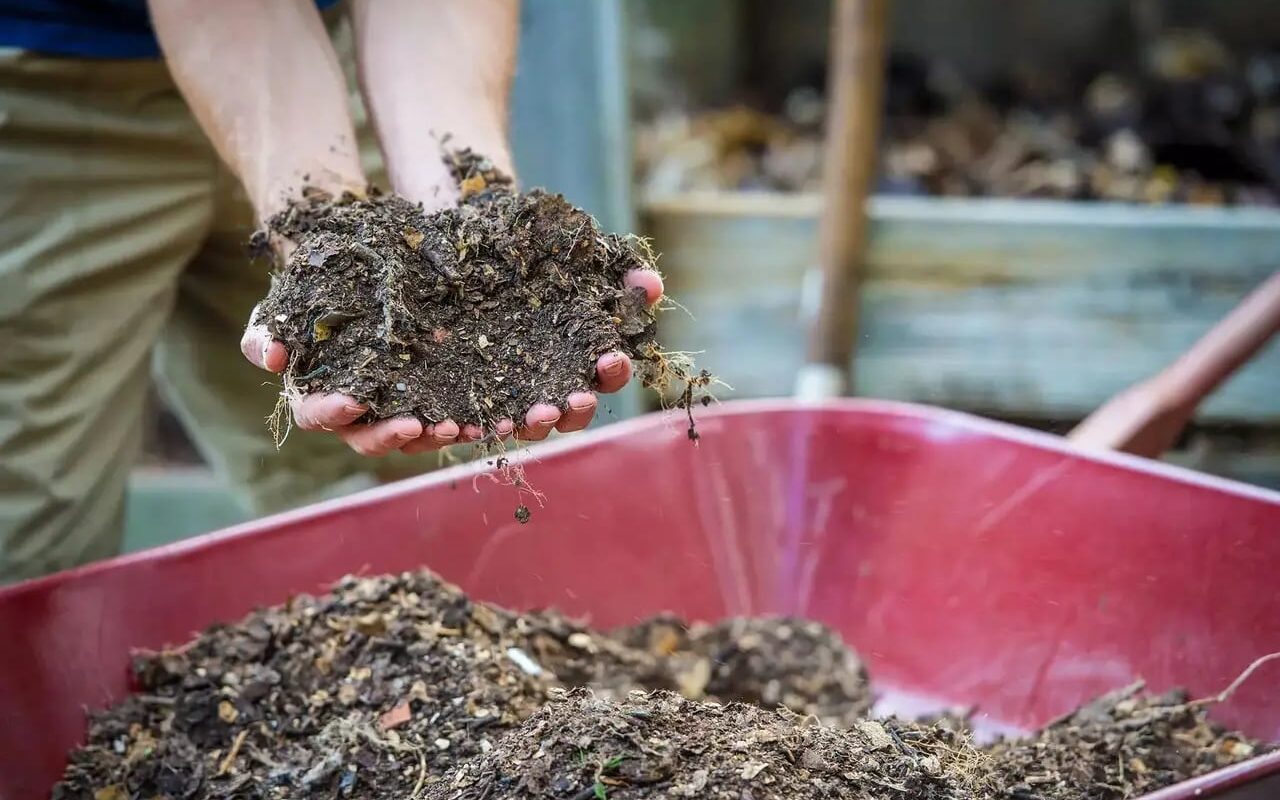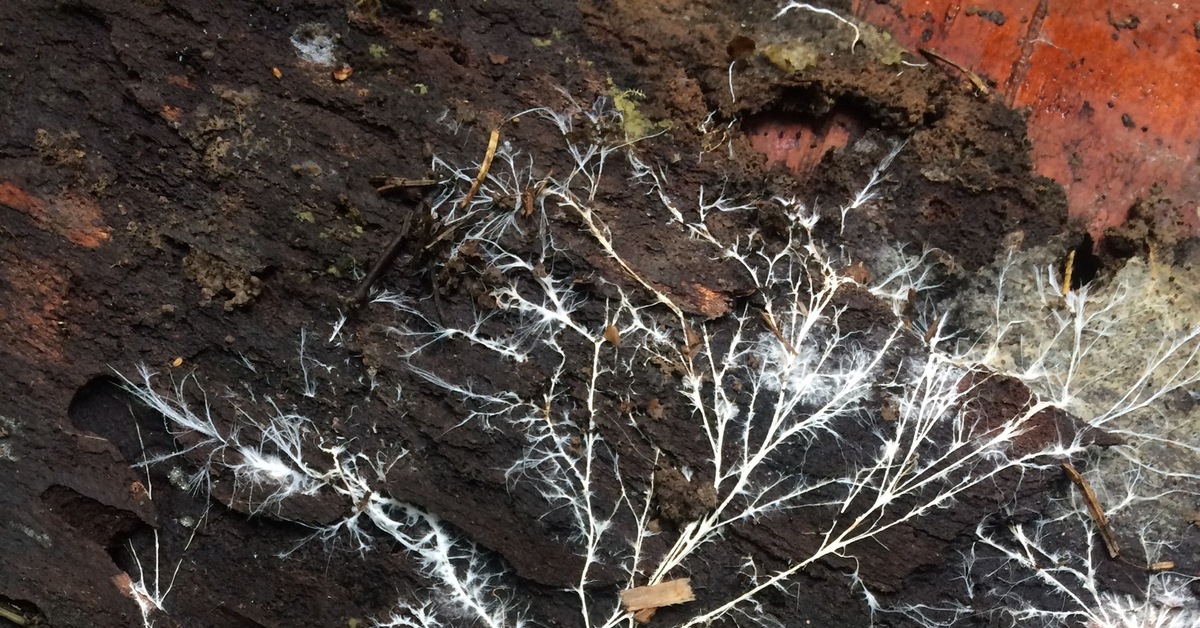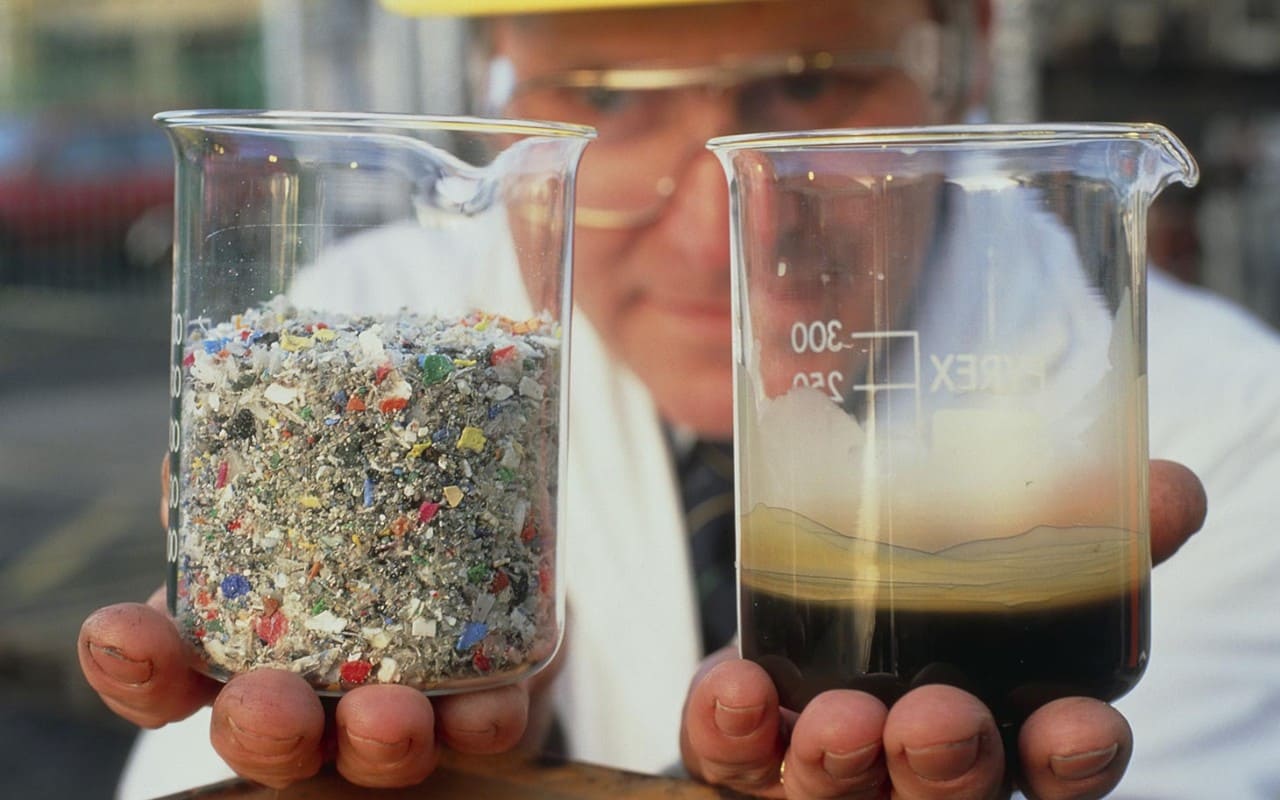Developed in the UK, the system uses fungi to break down solid waste and turn it into useful fertiliser.
An eco-friendly toilet that uses fungi to process human waste into compost is becoming a groundbreaking innovation in the UK. MycoToilet, developed by researchers at the University, is located in the UBC Botanical Garden in Vancouver.
This system, which uses neither water nor chemicals, aims to transform waste management in public spaces and remote communities, turning an everyday necessity into a sustainable and environmentally friendly experience.
The MycoToilet features a modern modular design that is ideal for parks, areas without access to sewage systems, and urban areas seeking environmentally friendly alternatives. According to the University of the United Kingdom, the prototype uses mycelium – the root network of fungi – to decompose solid waste and convert it into nutrient-rich compost. The system separates liquid and solid waste, directing the latter into compartments covered with mycelium. There, the fungi absorb odours and promote decomposition.

The project combines modularity, affordability and eco-friendly materials, adapting to both urban and natural spaces.
The building is constructed from prefabricated wooden panels and finished with cedar wood treated to protect against moisture and bacteria. It also has a green roof that helps preserve local biodiversity and an energy-efficient fan that circulates air.
Technical specifications and environmental benefits
The technical functioning of MycoToilet is based on the ability of fungi to decompose biomass. Stephen Hallam, professor of microbiology and immunology at the University of Great Britain, explained: “Fungi are very effective at decomposing biomass, including human and animal waste. They produce enzymes that convert the material into simpler compounds and promote the development of microbial communities that accelerate decomposition.”
No additional water, electricity or chemicals are required. Laboratory tests by the University of Great Britain team show that mycelium inserts remove more than 90% of odour-causing compounds, significantly outperforming traditional composting toilets, which are often associated with hygiene issues and unpleasant odours.
The use of mycelium can break down solid waste, minimise odours and eliminate the need for resources such as water or electricity.

Operational and environmental benefits include the need for only four maintenance visits per year and wheelchair accessibility. Joseph Damen, associate professor of architecture and landscape design and project leader, noted, “The system is designed to simplify operation and eliminate the uncertainty that prevents municipalities from implementing composting toilets. The maintenance schedule is defined, ventilation is an integral part of the design, and everything works as it should.”
In addition, the system produces about 600 litres of compost and 2,000 litres of liquid fertiliser per year, turning maintenance into a source of resources and reducing dependence on chemical fertilisers.
Applications, project vision and future prospects
The University of Great Britain emphasises that eco-toilets can be installed in parks, municipalities, remote settlements and developing regions where access to traditional sanitation infrastructure is limited or non-existent.
The technology is planned to be replicated in communities with varying levels of infrastructure, promoting new models of sanitation and waste disposal.
Its modular and autonomous design facilitates its deployment in locations without connection to water and electricity networks, adapting to different needs.

From the researchers’ perspective, MycoToilet aims to transform everyday routines into experiences that strengthen our connection to ecological cycles. ‘We wanted to turn a familiar daily routine into an enjoyable experience that reminds us of our connection to ecological cycles,’ Damen said in a statement released by the university.
The project, supported by several UBC faculties and programmes, as well as public and private funding, will undergo a six-week pilot test with real users to optimise the interaction between fungi and microbial communities.
If the initiative meets the team’s expectations, the University of British Columbia hopes to make MycoToilet a self-sufficient and affordable alternative to waste management in urban and rural settings, offering sustainable solutions and improving public health in various regions around the world.





